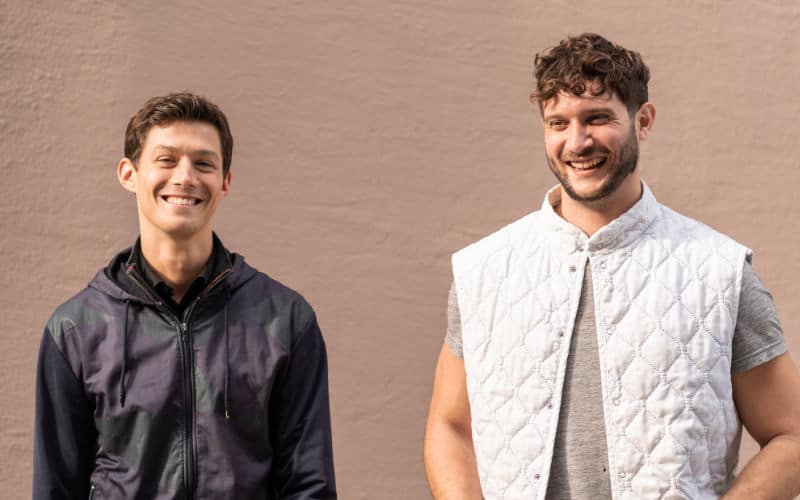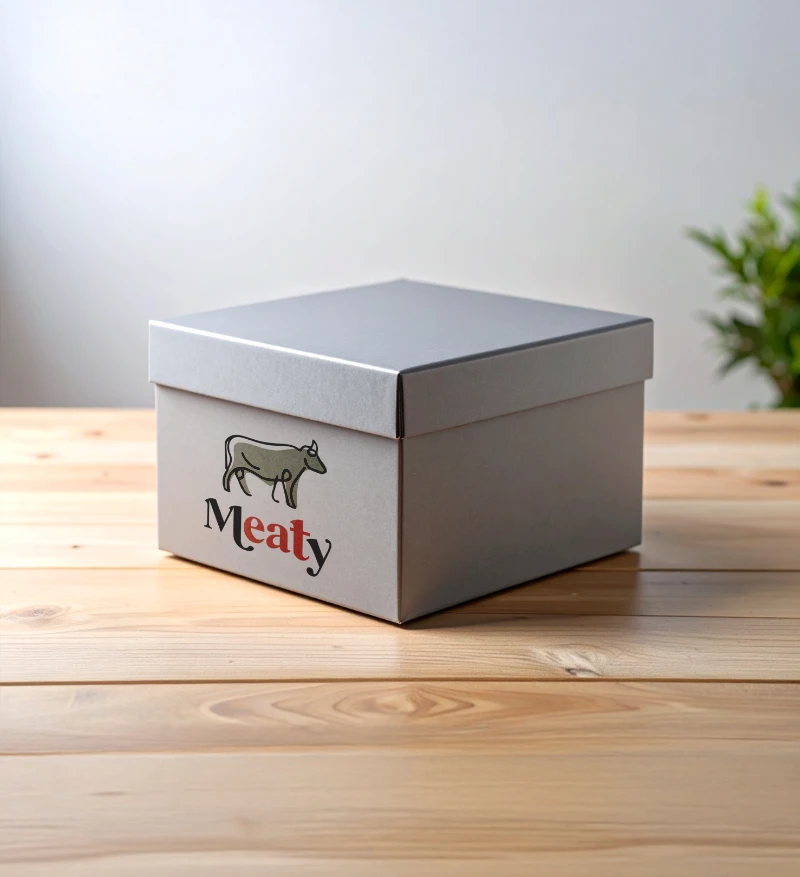"In the day of great crises, the fever of ideas is salutary."
Emile de Girardin
The origin of Meaty
Faced with the socio-economic and environmental problems facing humanity today, two friends set out to "make things happen". More than just a personal project, the idea of sharing livestock represents, in their eyes, a change. "Change" insofar as, in this era of globalization, this project enables us to return to an economy where "local" becomes the watchword.
Basically, Meaty is not an innovation, since it promotes a "back to basics" approach. For example, direct farm sales are far from being a novelty, as they are in fact the basis of our civilization. The innovation lies rather in the form; thanks to today's means, sharing animals is now collaborative and within everyone's reach.
The meat industry
Unfortunately, today's factory farming industry tries to make the most of animal exploitation by speculating on live animals and wasting a considerable amount of meat for profit. This often goes hand in hand with the mistreatment of animals, who endure hours-long motorized journeys and are crammed together in appalling conditions for days on end at the slaughterhouse.
What about Geneva?
Fortunately, not everyone agrees with this unacceptable treatment. In Geneva, and particularly at the Meinier abattoir, Joël Mudry - in charge of the slaughterhouse - does his utmost to ensure that animals are treated with dignity. With the help of the Service Cantonal des Affaires Vétérinaires, he ensures that the animal is transported from the farm to the abattoir in healthy and safe conditions; for each slaughter, the cantonal veterinarian carries out an examination to ensure that the animal is in perfect health and meets the standards of the law on animal protection.
On the other hand, in Meinier, the employees work in the traditional way. Three butchers for an animal sometimes weighing close to a ton, and all by hand. The butcher personally knows each breeder who brings him animals. He knows the history of each animal. There's a strong link between the breeder and the butcher, and passing an animal from one to the other is an emotional moment.
Our answer
Based on a survey of around 200 regular meat consumers in Geneva, we found that most Genevans have a mistaken view of the provenance of the products on their plates. Our project therefore has a dual objective. On the one hand, to promote local consumption; we want to give greater visibility to local breeders and recognition of their work among Genevans. On the other, we want to offer an ethical meat-consumption alternative that enables the animals to be valued and treated well, while maintaining high taste quality. Since September 2020, we've been delighted to offer this service and are honored by the positive feedback we've received from our customers.
In our humble opinion, eating "good" meat is a responsibility that includes everyone involved, from breeder to consumer.

Ruben Magnin and Yann Flores, co-founders of Meaty

